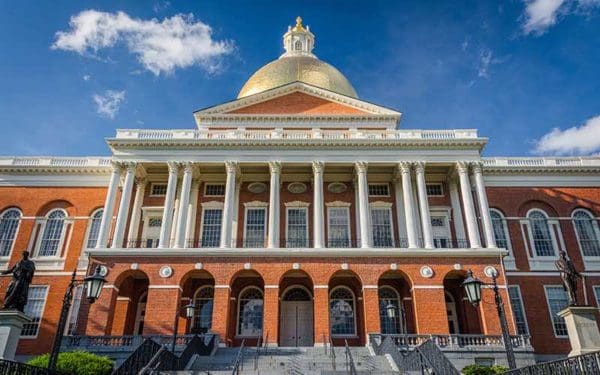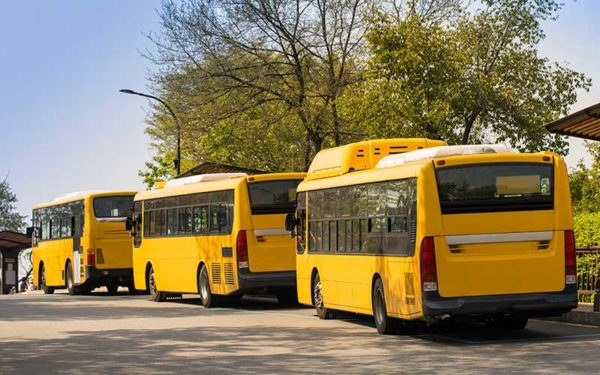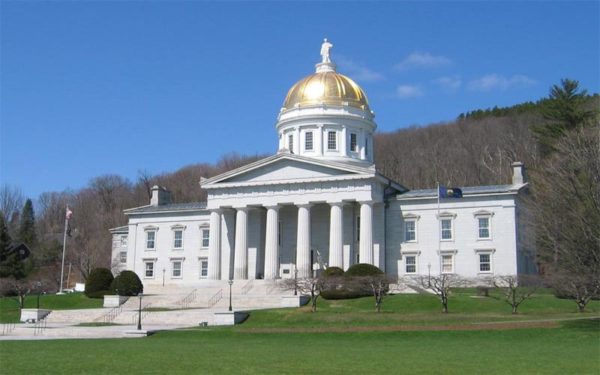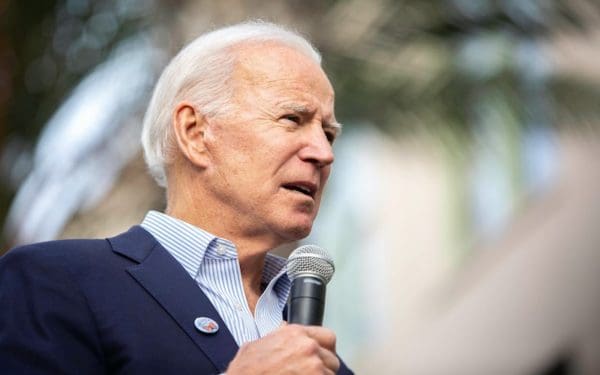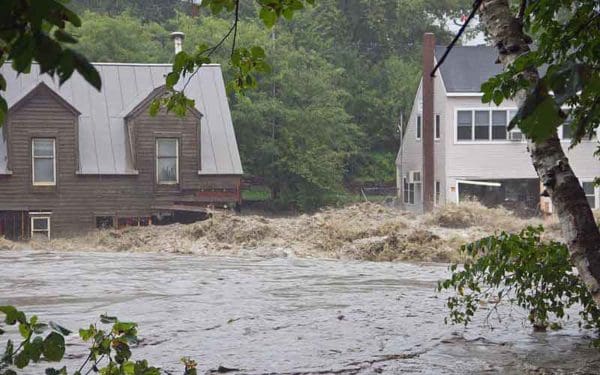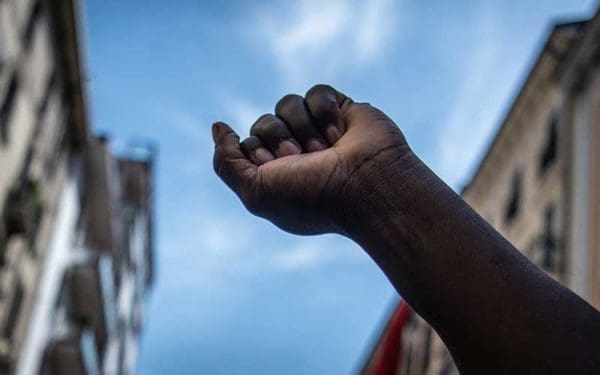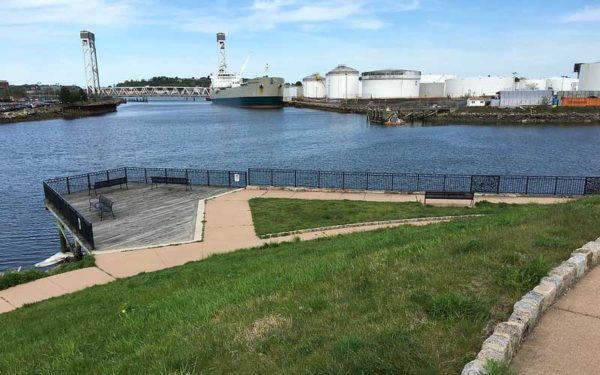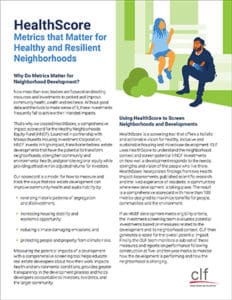Jul 22, 2022
“This bill includes some important steps forward in limiting biomass subsidies and supporting the offshore wind industry,” said Caitlin Peale Sloan, Vice President of CLF Massachusetts. “However, there’s a lot of room for improvement when it comes to environmental justice. The state needs to take a stronger stand in protecting these communities from air pollution, creating access to an electrified commuter rail, and our leaders must do more to equitably phase out fossil fuels once and for all. We’ll continue our push to make these critical changes a reality in the next session.”
Jul 12, 2022
Slashing polluting emissions from medium- and heavy-duty vehicles is a critical part of our climate fight.
Jun 01, 2022
“It’s past time we take a stand against environmental injustices in Vermont,” said Elena Mihaly, Vice President of CLF Vermont. “For too long, some communities have been overburdened by environmental harms like pollution or flooding, while having little access to environmental benefits, like green spaces, clean energy, and public transportation. All Vermonters have the right to decide what happens in their communities and enjoy a healthy environment, and this law is an important step towards making that a reality.”
May 20, 2022
New federal and state laws and policies require government agencies to invest in environmental justice populations. The details behind these requirements must recognize the primary predictor to experience environmental burdens: race. CLF is working to ensure that government investments reach the populations who have endured the brunt of pollution and other consequences of climate change.
Mar 29, 2022
Our health is inextricably tied to the environment’s health, especially for communities overburdened by climate change. It’s for this reason Vermont needs an environmental justice law.
Feb 17, 2022
Long recognized as a dangerous toxin that can result in serious health problems, lead was removed from our gasoline and paint decades ago. But the problem of lead poisoning in children has unfortunately not gone away, especially in Manchester, NH.
Feb 16, 2022
Maine legislators have the unique opportunity to reset the state’s relationship with its indigenous tribes through three bills under consideration this legislative session.
Feb 07, 2022
Where we live affects how much pollution we experience each day. It affects how long our commute is, how hot our neighborhood gets in the summer, whether we can afford winter heating bills, how much or how little open space we have around us, and whether we have access to healthy homes, nourishing food, and quality schools.
Jan 24, 2022
“Allowing this substation to be built ignores community voices and established law in Massachusetts,” said Staci Rubin, Vice President, Environmental Justice, CLF. “If the loud community opposition wasn’t enough to sink this project, the proposed site should be reserved for uses that must be on the water, not energy infrastructure that can be located elsewhere. It’s time for state officials to evaluate this project on its merits instead of rubber stamping Eversource’s requests.”
Dec 29, 2021
HealthScore is a screening tool that offers a holistic and actionable vision for healthy, inclusive, and sustainable housing and mixed-use development. CLF uses HealthScore to understand neighborhood context and screen potential investments for its Healthy Neighborhoods Equity Fund. Our scorecard is a model for how to measure and track the ways that real estate development… Continue reading HealthScore Metrics
